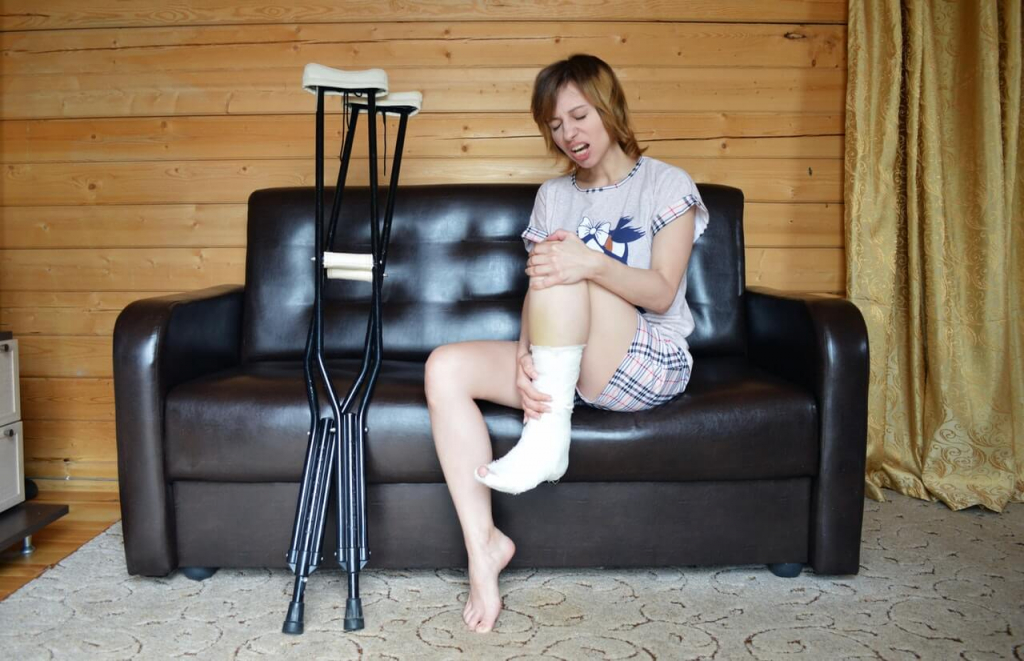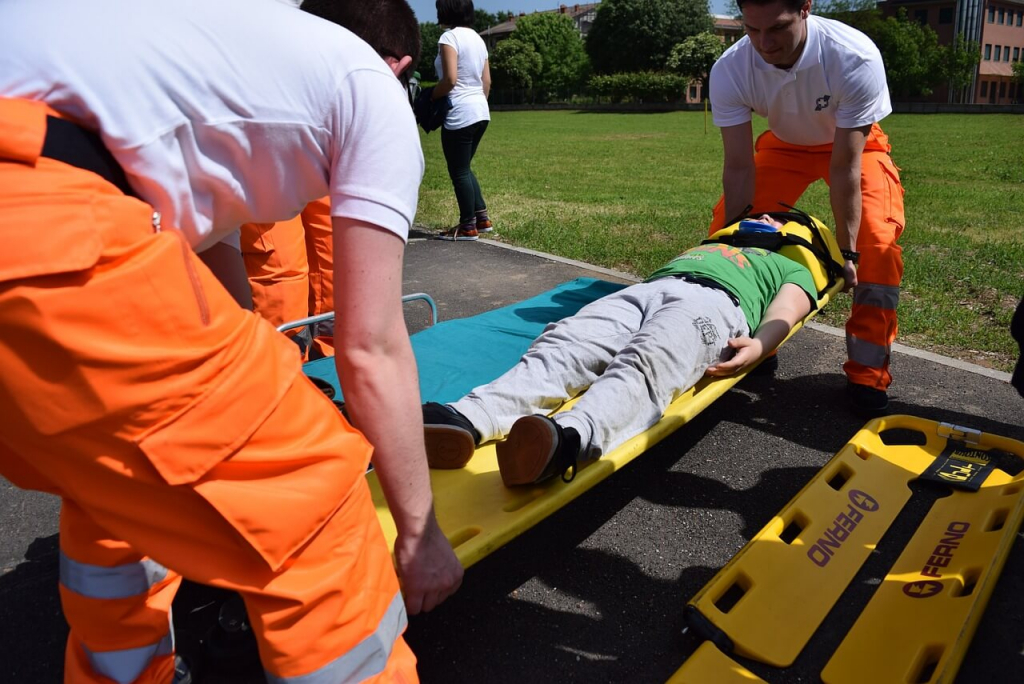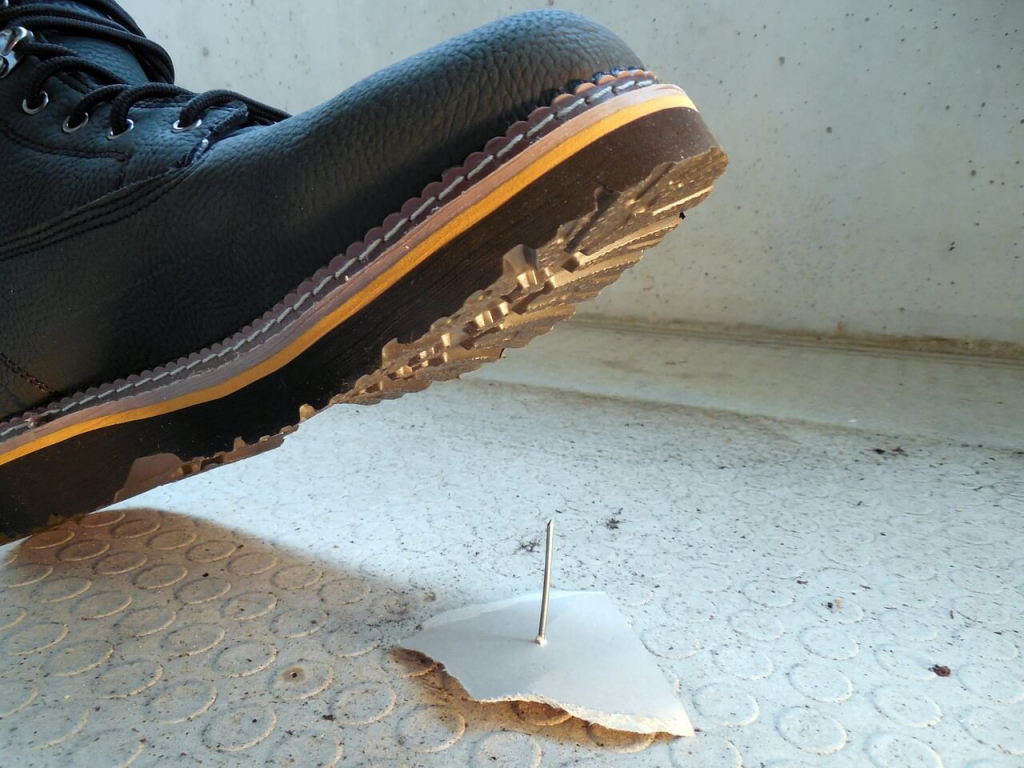As much as we want to, we would like to avoid any tenant injuries from happening inside our properties. A lot of consequences can occur from tenant injuries, and one of them is the legal complaints that can be filed against you. Sometimes, even guests’ injuries can be your responsibility. However, it is not always your fault. A tenant injury will undoubtedly be your fault if it will be proven that the accident happened because of your negligence.
A landlord’s negligence
The specific cause of the accident will help identify if it is the landlord’s negligence that resulted in such injury. But there are different classifications for that. I will break it down for you:

Knowledge about the dangers present
If the landlord is aware of a possible cause of danger that should’ve been repairable and did not do anything about it, he can be held liable for any injury that it caused.
One example would be a broken step on the stairs. If you never made the time to fix it despite being reminded by tenants, you will be responsible if someone would fall and get injured because of it.
Since it is your job to fix issues like this but you didn’t, then the accident would be due to your negligence.
Aware of hidden dangers
The landlord should inform the tenants of any safety hazards present in the property, even the ones that are not obvious. I know you do not want to put your property in a bad light but they should know if they have to be careful in certain areas of the property.
Anticipated Accident
This is when someone sees a potential cause for accidents inside the premises. For example, a spot inside the lounge area of your apartment building always has wet floors due to a leak on the lobby’s water fountain. As a landlord, you should be able to prevent someone from slipping by providing a mat that can absorb the water. You can also put up a hazard sign in that area until the leak is fixed.

Increased possibility of a severe injury
If the court determines that a severe physical injury can be caused by damage within the property, they will most likely order you to fix it. It may cost you a huge amount of money but you don’t have a choice. If they find cracks on the property’s main foundation, they will make sure that you take the necessary steps to repair it. If needed, the tenants should be relocated while the repair is ongoing.
Inability to take action to prevent injuries
Whether it was a tenant who reported a damage-causing issue or the landlord himself discovered it, appropriate action should be taken. Failure to do so means the landlord does not care if there will be a risk for injuries. It will reflect poorly on him if this issue is brought to court.
The specific cause of injury
Sometimes other factors contributed to the injury and the investigation should be able to pinpoint the specific cause. There are obvious ones, like the example I gave about the broken step on the stairs. There are also those which might be disputable.
For example, the tenant has been experiencing dizziness and fell on a slippery floor on the way to his car. The tenant will blame the landlord for the slippery floor, but the landlord may take into account that he was not feeling well which might have caused the fall.

Unfortunate circumstances are inevitable. So before you start making your online listing at Padleads and syndicate it to other web pages, I suggest you take the time to strategize on how to keep your property safe. Performing routine inspections and maintenance on the property regularly, and addressing damage complaints promptly, will greatly minimize accidents.
One of the best ways you can attract tenants from renting your property is by assuring them that their safety is one of your top priorities.